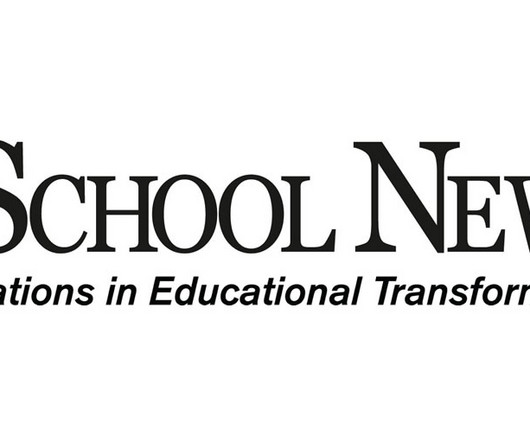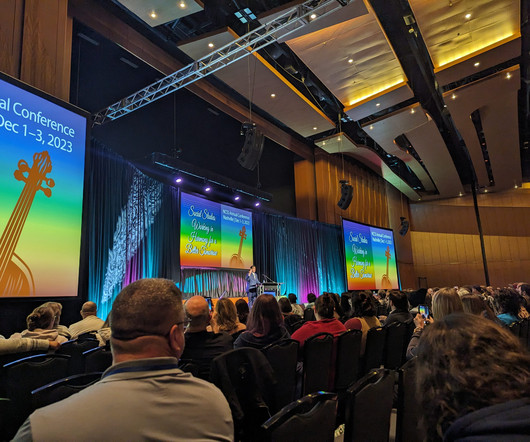Nine New Lawsuits Target ?Inclusive Access? Textbook Programs, Alleging Antitrust Violations
Edsurge
MAY 21, 2020
The suits name publishers Cengage Learning, McGraw Hill, and Pearson Education, as well as book sellers Follett Higher Education Group and Barnes & Noble. Pearson, McGraw Hill and Follett defended their inclusive access programs in email interviews with EdSurge. And in February, nonprofit advocacy organization U.S.























Let's personalize your content